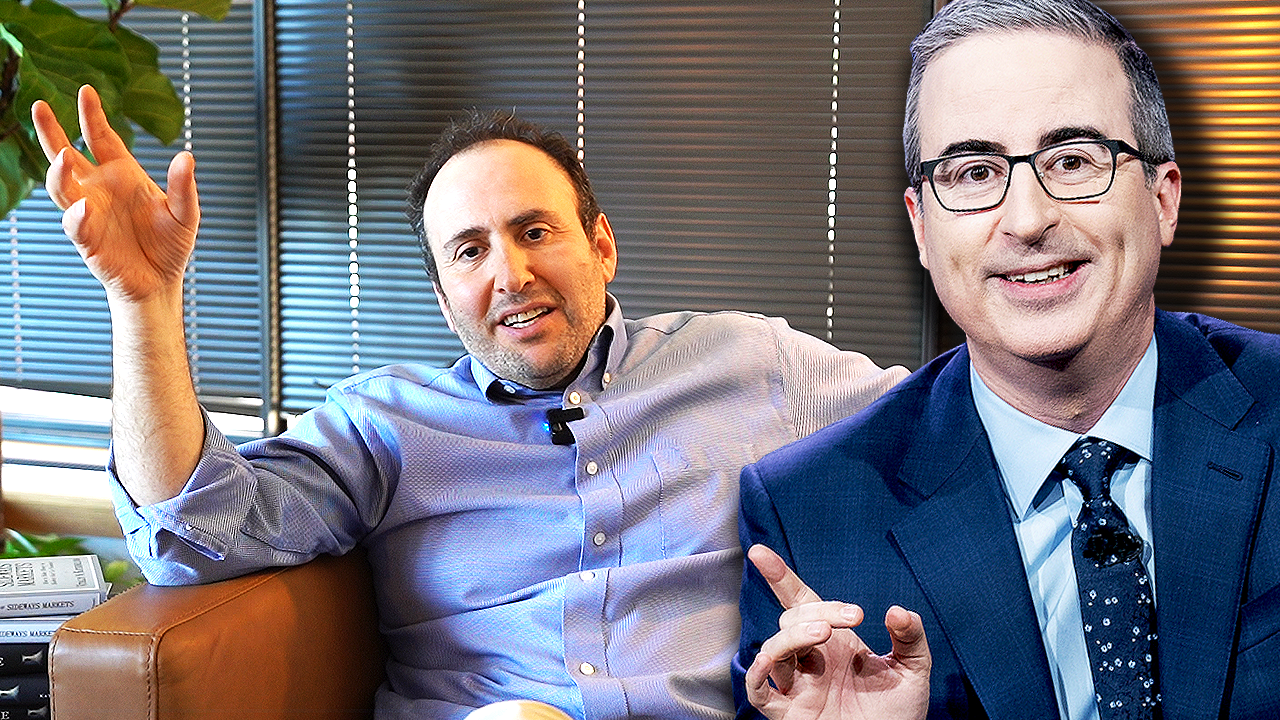A couple of days ago headlines read, “Dutch company VNU, Inc (VNUVY) announced they would buy IMS Health (RX) for $6.9 billion” (a modest 15% premium). However, in its press release, RX announced that it is merging with VNU. Did VNU buy RX or was it a merger? According to RX, VNU did not approach RX and the “merger” was a byproduct of mutual affection of one company for another. VNU (a larger company) paid a small premium to exert control over the combined entity. It is a merger of unequals, as VNU will have a 60% control of the combined board.
This “merger” took a lot of investors by surprise. A small brush up on RX history is required to understand the reason for that. RX was spun off from Dun & Bradstreet in the mid ’90s. At the time of spin off it was bundled with a collection of loosely related businesses, and since then RX has desperately tried to simplify and restructure by shedding these businesses. It took years of endless spin-offs and financial engineering to make progress on simplifying the businesses.
In the process management got so infatuated with financial engineering that it almost reversed merged the company into a dot.com company that was a fraction of RX’s size. Luckily Wall Street saw through the ridiculousness of the proposed reverse merger and it was aborted. Soon after the CEO was given a very fancy go away package and Dave Thomas (an outsider who was lured from IBM) took over the helm at RX.
Mr. Thomas brought vision and much needed execution to RX. The company enjoys a close to monopoly position over the pharmaceutical data market which at the time made the company a very complacent giant that lost its customer focus. In addition Dave refocused the company from just a data provider to a solution provider in the pharmaceutical industry. Over the last several years, RX made relatively small tuck-in acquisitions in consulting and pharmaceutical data areas. Those acquisitions made perfect sense as the company was moving to enhance its product offering to its customers. Also the acquisitions were relatively small and not disruptive to the core business. Indeed many of them were so small that they did not require a conference call – a good sign right there.
The company finally had a clear plan and was executing it; the company’s efforts were finally paying off as top line and bottom line showed solid signs of growth.
RX is a truly unique company as it enjoys incredible return on capital, abundant free cash flows (business is not very capital intensive), and over the years RX created great barriers to entry into the industry and thus commanded Microsoft like margins.
Now when things have finally started progressing as management promised, the VNU merger was dumped on RX shareholder shoulders essentially forcing a “To Be or Not to Be” question.
Does the merger make sense? Both management teams sounded very optimistic on the joint conference call, giving the usual synergy, cost cutting, go where nobody has gone before talk.
I have a theory that there is a “Mergers for Dummies” handbook secretly floating in corporate hallways, as all merger/acquisition conference calls sound identical. Both companies are excited, the praises are sung to the quality of opposing management team. Words like synergy (used 7 times in RX/VNU conference call) is only superseded by “opportunity” (used 14 times in RX/VNU conference call). Management usually makes sure to insert at least one of them in every sentence. Since it is assumed that employees from combined companies are listening layoffs are downplayed and no specifics are given. Very few large mergers work out, most mergers fail miserably as egos, incompatibility of corporate cultures and premiums paid make it very difficult. This one looks no different to me.
Ironically the two largest operating units of VNU (AC Nielson and Neilson Media) used to be a part of the same company – Dun and Bradstreet. At the time DNB thought RX and Nielsons should not be together; thus they were spun off separately. According to RX times have changed – they always do. But have they changed enough for two companies with very little overlap in business to merge?
RX’s management is touting an existence of great synergies in OTC data market with AC Nielsen and matching TV advertising and viewership with drug sales data. All this sounds great, but awfully problematic. In my conversation with RX management I brought up the idea of a joint venture. I was told such joint ventures are very difficult as the negotiation on its structure often results in decision paralysis. Though there is some truth to that argument, the cost of a failed merger is a lot higher than joint ventures failure. As failure of a joint venture leads to an easy dating-like separation, and failure of a merger brings the company to a Hollywood-like divorce. Also, RX could simply buy needed data from VNU’s units, since that’s what VNU does – sell data.
Both companies are mainly in the data gathering business, however, they often serve very dissimilar customers in unrelated markets. In addition touted cost savings will be harder to come by as they operate on completely different software systems.
The merger is likely to destroy shareholder value rather than create it as the multiple of the combined company is likely to shrink.
First of all, RX has enjoyed a premium valuation to the market as it is a company that enjoys the benefits stemming from baby boomers’ ever rising demand for pharmaceuticals without the worries of drug expirations and competition from generics that surround large Pharma.
RX has a market dominance and easy to understand business – the seeds for above market P/E multiple. A quick comparison of VNU and RX’s fundamental performance will show how inferior VNU’s businesses are to RX. VNU / RX:
Tale of the Tape Pretax Margin: 6.60% / 26.80% Return on Assets: 1.30% / 15.10% Source: S&P Compustat ©
Second, VNU’s businesses are not growing rapidly and face plenty of problems that are absent from RX’s business. The Nielsen Media business (which networks love to hate) could become a lot less relevant with the fast rising popularity of Tivo.
Third, VNU’s management promises to list an ADR on the NYSE before the merger goes through. Keep in mind ADR’s usually trade at a discount to the pure NYSE listed companies. It is hard to tell why ADRs trade at discount to pure counterparts. Maybe it is because VNU is a Dutch company, most folks cannot so much as find Dutchland (Netherlands) on the map. Or it simply may reflect the ambiguity of the reporting requirements for ADRs and the frequency of the report filings (ADRs report earnings twice a year versus four times from U.S. companies).
Finally, the combined company will be less transparent and more difficult to understand. Simple, easy to understand, financials were something RX had desperately tried to achieve over the years and it finally did.
All these reasons lead us to believe that we don’t want to be a shareholder of the soon to be created entity. The spread between the offer and RX’s price is very tight (4%) – an indication that the Street believes that the merger (unfortunately) will go through. We have very little confidence in VNU stock which RX’s price is closely linked to now. Therefore, we have decided to vote on the merger with our feet.










0 comments